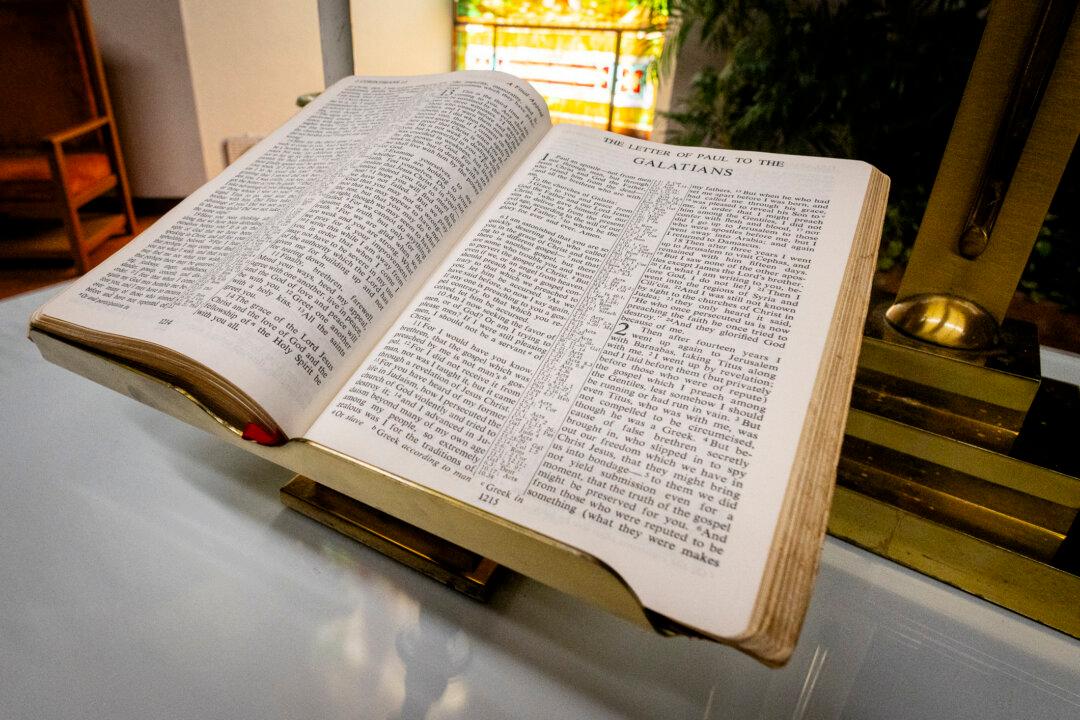Oklahoma’s top state school official announced on June 27 that public schools must incorporate the Bible in curricula, effective immediately.
During a meeting at the State Board of Education, Oklahoma State Superintendent of Public Instruction Ryan Walters framed the decision about incorporating the Bible into public schools as one that is primarily about teaching children about the foundations of Western civilization and the U.S. legal system.





